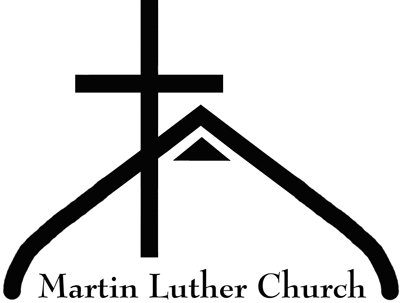The death of a person is a decisive turning point for everybody who was connected to the deceased. The Christian faith is grounded on the hope that life and death are both in God’s hands. Deep comfort is provided by the certainty that God forgets no human being and that His judgement on a human life surpasses all human judgement. Everybody who is mourning for a loved person is assured: our deceased will rest in good hands with God.
In the funeral service we bid farewell of the deceased. We celebrate this worship service in the hope and confidence that the deceased is admitted to the presence of God through Jesus’ resurrection from the dead.
A short guideline for support in case of bereavement
1. Holy Communion at home and accompaniment by the pastor
It is good to contact the pastor when a loved one or oneself is near death. Call him directly to ensure timely notification (Pastor Judith Kierschke, ph. 613-748 9745 or church office 613-733 5804). It is helpful to be able to talk to a pastoral or spiritual leader. It is possible to celebrate Holy Communion at home, also together with relatives.
2. The last benediction
When a relative has died the pastor will be glad to come – time permitting – for the last benediction at home, a retirement home, or in hospital. The family gathers to celebrate such a last benediction. Friends, neighbours and children can also take part. Candles will be lit, psalm prayers will be spoken, hymns will be sung. It is consoling to spend time to bid farewell of the deceased and to partake in the blessing and the comfort from the religious final farewell.
3. Appointments for the funeral
Coordinate by all means the date for the funeral service with your pastor ahead of determining the date with the funderal home. The pastor will enable everything possible.
4. Where and how to bury somebody
It is helpful when possible to talk about details of the funeral with the dying person while still alive. If possible the desires should be respected. If the funeral plans are mentioned in the will, you as a relative have to respect them. If no wishes are expressed, the next of kin decide.
A person who left the church has thus declared that he will depart without a church funeral. A speaker can perform the funeral service instead. The costs for the speaker fall on the survivors and the funeral is not considered a church funeral. If you as a relative are seeking comfort you can, of course, contact your pastor.
5. Funeral preparation
The funeral worship service is prepared in a meeting of the pastor with the relatives. There is room for mourning, remembrance and personal questions. Maybe the deceased has asked for a special bible verse or a certain hymn. It is helpful to have on hand keywords relating to the life of the deceased.
6. Funeral worship service
In the centre of the funeral service, besides the hymns and readings, is the sermon about a bible verse. The life of the deceased is referred to in the sermon.
7. Remembrance
On the Sunday following a funeral the deceased will be commemorated in the worship service, the name will be included and in the intercessions there will be prayers for the deceased and for their relatives. Once a year, on the All Saints Sunday in November on which the dead are commemorated, there is a special worship service centred on remembrance of the deceased and our Christian hope in the face of death.
